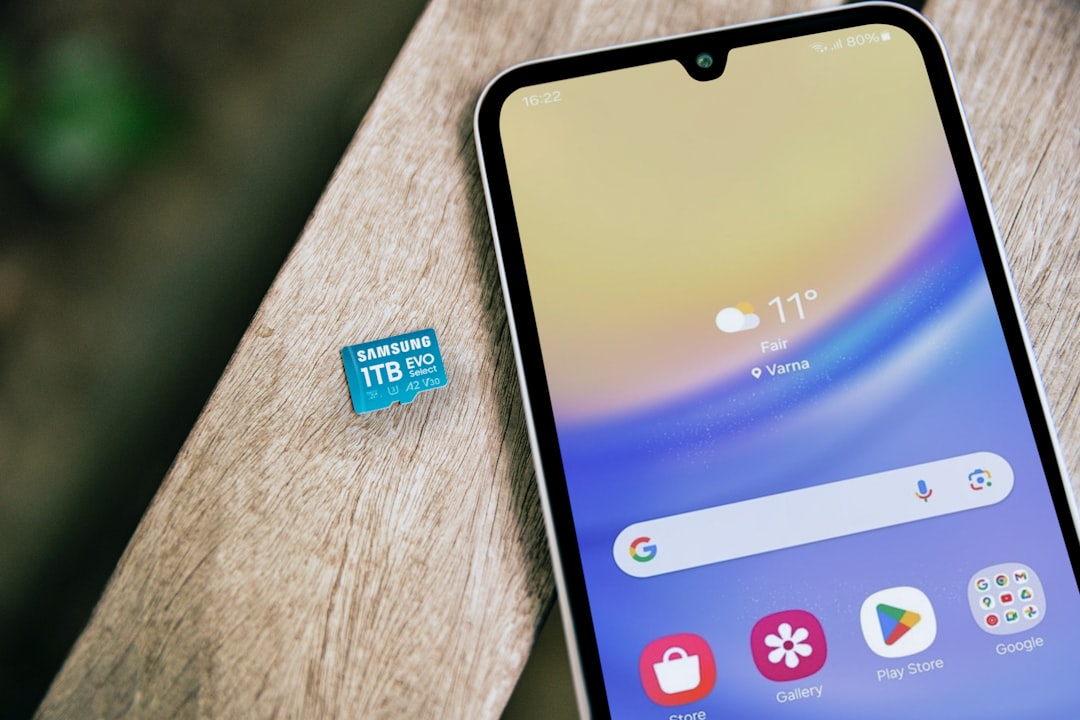The Telephone Consumer Protection Act (TCPA) safeguards Californians from unwanted telemarketing and robocalls by restricting automated calls to wireless numbers without prior explicit consent. Recent court rulings have clarified when automated dialers violate the TCPA, emphasizing the need for businesses to obtain clear consumer consent. Implied consent plays a significant role in TCPA litigation, as seen in Smith v. Global Tel. Businesses must carefully assess marketing strategies to avoid potential lawsuits and substantial penalties by engaging TCPA lawyers California, TCPA attorneys California, or TCPA law firms California who stay updated on legal developments and ensure compliance.
“California’s legal landscape has seen significant shifts due to recent court rulings on the Telephone Consumer Protection Act (TCPA). As a TCPA lawyer California, we’ve noticed a surge in cases involving automated dialers and implied consent. This article delves into crucial aspects of TCPA law, offering insights for both defense and prosecution strategies.
From understanding when automated dialers violate TCPA to exploring the fine line between robocalls and legal notifications, these developments impact businesses and consumers alike. Discover expert analysis from top TCPA attorneys California to stay ahead in this ever-evolving legal domain.”
Understanding the TCPA and Its Impact on California's Legal Landscape

The Telephone Consumer Protection Act (TCPA) is a federal law designed to safeguard consumers against certain practices in the telephone solicitation industry. It has had a profound impact on California’s legal landscape, particularly regarding telemarketing and automated phone calls. As a result, many Californians are now better protected from unwanted marketing messages and robocalls. The TCPA restricts businesses from making automatic telephone dialing systems (ATDS) or prerecorded calls to wireless phone numbers without the recipient’s prior express consent.
For California residents seeking justice against violators, engaging the services of a qualified TCPA lawyer California is essential. These attorneys specialize in navigating the complex nuances of TCPA law and represent clients who have suffered harm due to unlawful telemarketing practices. TCPA attorneys California and TCPA law firms California play a crucial role in ensuring that businesses adhere to these regulations, thereby fostering a fairer legal environment for all Californians.
Recent Ruling: When Do Automated Dialers Violate TCPA?

Recent rulings by California courts have shed light on when automated dialers violate the Telephone Consumer Protection Act (TCPA). The TCPA, a federal law designed to protect consumers from unwanted telephone solicitations, has been the subject of much debate, especially regarding the use of automatic dialing systems. A key case in 2022 clarified that while automated dialers are not inherently illegal, their use must comply with specific guidelines.
If an automated dialer is used without the prior express consent of the caller, it can constitute a violation. Moreover, courts have ruled that even if a business has obtained initial consent, subsequent calls using the same system may still be in breach if the consumer has opted out or requested to stop receiving such calls. This ruling highlights the importance of proper record-keeping and clear communication with consumers regarding their preferences, especially for businesses relying on automated dialing technology. It’s crucial for TCPA lawyers California and attorney firms to stay updated on these developments to ensure compliance and protect their clients’ interests.
The Role of Implied Consent in TCPA Litigation: A Key Case Study

In recent years, the role of implied consent has been a significant aspect in TCPA (Telemarketing Consumer Protection Act) litigation in California. This concept refers to the implicit agreement or permission given by individuals when they interact with automated calls or text messages. A key case study involves Smith v. Global Tel where plaintiffs argued that their implied consent was violated when they received unsolicited marketing messages from a telemarketing company despite not giving explicit permission. The court ruled in favor of the plaintiffs, emphasizing that even implicit consent can be withdrawn and must be respected by businesses.
This decision has significant implications for TCPA lawyers and attorneys in California as it highlights the importance of obtaining explicit consent from consumers before initiating any automated communication. It serves as a reminder to TCPA law firms and their clients that even seemingly minor violations can lead to substantial legal consequences. Understanding implied consent is crucial for businesses operating within the state, pushing them to carefully review their marketing strategies and ensure compliance to avoid potential lawsuits by seeking proper authorization from customers.
Uncovering the Fine Line Between Robocalls and Legal Notifications

In the complex landscape of telecommunications regulations, the Telephone Consumer Protection Act (TCPA) plays a pivotal role in protecting consumers from unwanted robocalls and marketing calls. For businesses and TCPA lawyers California, navigating this law requires a delicate balance, especially when it comes to legal notifications. The fine line between a legitimate robocall and a protected message lies in intent, consent, and delivery methods.
Recent court rulings in California have shed light on these nuances, emphasizing the importance of clear consumer consent. TCPA attorneys California argue that while automated calls are not inherently prohibited, they must serve a valid business purpose and respect consumer preferences. Unwanted or unsolicited robocalls can lead to significant penalties for violators, making it crucial for businesses to seek guidance from TCPA law firms California to ensure compliance with the ever-evolving legal landscape.
Navigating Post-Ruling Strategies for TCPA Defense and Prosecution

Navigating Post-Ruling Strategies for TCPA Defense and Prosecution
Following recent rulings on the Telephone Consumer Protection Act (TCPA) in California, both defendants and plaintiffs must adapt their strategies to ensure compliance with evolving legal standards. For businesses facing TCPA lawsuits, retaining a qualified TCPA lawyer California becomes more critical than ever. These attorneys can help refine internal practices to prevent future violations while mounting robust defenses based on the latest case law.
On the prosecution side, understanding these rulings is key for bringing valid claims. Engaging the services of experienced TCPA attorneys California armed with knowledge of current legal interpretations can significantly enhance the success rate of TCPA-related cases. They can guide clients through the complexities of the TCPA, ensuring compliance and offering strategic counsel to maximize potential recoveries or minimize penalties.






